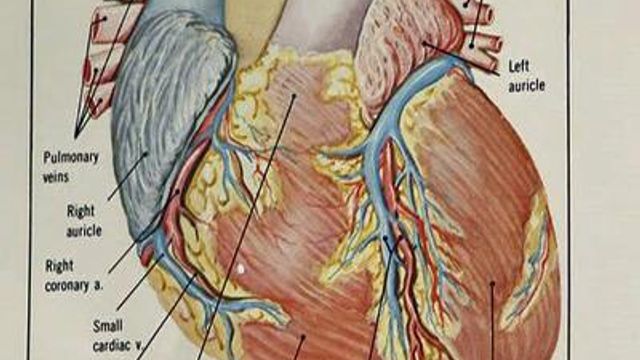Rare heart condition affects Wake Forest woman
As an editorial assistant with Baen Books in Wake Forest, Laura Haywood-Cory has read many life-and-death tales. None of them match a real-life drama she experienced a year ago.
Posted — Updated“I had this pain in my chest like nothing I had ever felt before,” she said.
Haywood-Cory had no risk factors for heart disease – family history, diabetes, high blood pressure, high cholesterol, obesity, inactivity or smoking.
Even doctors at UNC Hospital didn't suspect it was a problem with her heart, until tests showed the 40-year-old had suffered a heart attack.
A cardiac catheterization performed the next day revealed the cause of the attack was spontaneous coronary artery dissection or SCADS, an extremely rare condition where a layer of a coronary artery peels away and blocks the flow of blood.
While SCADS mostly occurs in women late in pregnancy or who've just given birth, Haywood-Cory doesn't have any children. Doctors told her that the condition is sometimes not discovered in women until after death during an autopsy.
Haywood-Cory now has six stents keeping her affected artery open. Doctors say that SCADS is very unlikely to ever happen to her again.
Though the condition couldn’t have been prevented, Haywood-Cory is more determined than ever to do what she can to avoid any heart issues in the future.
Doctors warn that women don't always feel the same classic warning signs of a heart attack as men. Many never experience chest pain, but do notice indigestion with pain in the arms, shoulders and jaw.
• Credits
Copyright 2024 by Capitol Broadcasting Company. All rights reserved. This material may not be published, broadcast, rewritten or redistributed.





